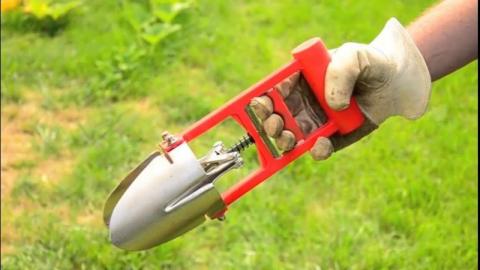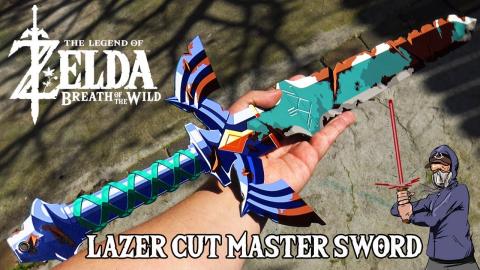Making Raised Garden Beds from Composite Decking
Description
Like many of you, I wanted to try my hand at home gardening and I started by making a raised garden beds from composite decking. These garden beds should last a really long time and they were super easy to build.
Subscribe to my channel: http://bit.ly/1k8msFr
Second Channel: http://bit.ly/iltms-2
MORE PROJECTS, POSTS AND EVENTS
http://www.iliketomakestuff.com
TOOLS & SUPPLIES WE USED(affiliate links):
Square Foot Gardening Book: https://amzn.to/2SzkcuN
https://kit.co/iliketomakestuff/my-woodworking-tools
https://kit.co/iliketomakestuff/shop-safety-gear
I WROTE A BOOK!!
http://www.iliketomakestuff.com/makingtime
Want to support ILTMS? Get exclusive content and more...
http://www.iliketomakestuff.com/patreon
BUY A SHIRT, STICKER, NOTEBOOK, DIGITAL PLANS and MORE!!
http://www.iliketomakestuff.com/store
FOLLOW:
http://twitter.com/iliketomakestuf
http://www.twitch.tv/iliketomakestuff
http://instagram.com/iliketomakestuff
http://facebook.com/iltms
MUSIC: http://share.epidemicsound.com/iltms
To make these raised garden beds, you first needs to make some barrier walls to contain the soil within. This concept created the "raised" nature of the garden instead of just tilling up the earth and planting some seeds. The walls of these beds can be as high as you'd like. Josh made some that were tall enough that you didn't kneel down, but it took a lot more material to build. For our raised garden beds, I'm going to make them about 8-10 inches tall using some unique materials.
Wood is the most common raised garden bed wall material because it is pretty inexpensive and readily available. You have to be careful when selecting the side wall material because the chemicals used to pressure treat wood can be harmful as it can leach into your planted food. Instead of wood, I chose to use composite decking material made from a durable, weather-resistant plastic. I used my circular saw to cut the boards into equal 4-foot lengths.
Essentially these raised garden beds are just tall walls attached together. I decided to make a combination, corner bracket and ground stake to keep the beds firmly in place in our yard. Again, if you're using wood, you can do this with a small section of 4x4, screw in the side walls and burry it a few inches in the ground. Because I like to complicate things and because I had some other materials on-hand, I'm going to make some aluminum brackets.
I had some aluminum angled stock that I cut into 15 inch lengths for each corner. We're making 2 raised garden beds, so I cut down 8 brackets. Using my bandsaw, I cut a simple pointed wedge shape on the bottom of the angled aluminum. To do all of these pieces at once, I used some tape to bind the group together. I also decided to pre-drill the wall attachment holes in the brackets whiles they were still taped together.
Because all of the composite decking boards were the same size, I arranged them in a square with overlapping joints. You could miter these corners to 45 degrees so that they fit evenly into the brackets, but I don't think it's necessary. I placed the boards in an overlapping arrangement, placed the brackets in the corners and used some coated outdoor screws to secure them all in place. Now that I have my two large square raised garden beds, I dragged them into place and stepped on the brackets to drive them firmly into the ground.
Now that the raised garden beds are ready, I went to our local nursery and got a trailer load of pre-mixed gardening soil. I loaded up the raised garden beds with the soil and decided to use the techniques outlined in a book, The All New Square Foot Gardening, and make 1 foot square planting areas. I sectioned off these 1-foot square plots using some string and some screws driven into the side walls. Now it was time to plant the starter-plant vegetables that we bought from the store in our new raised garden beds!













